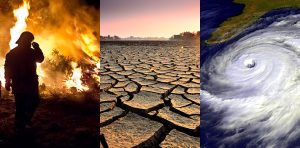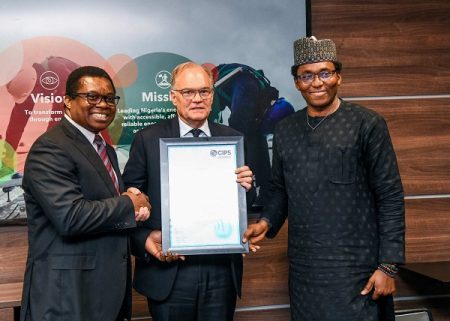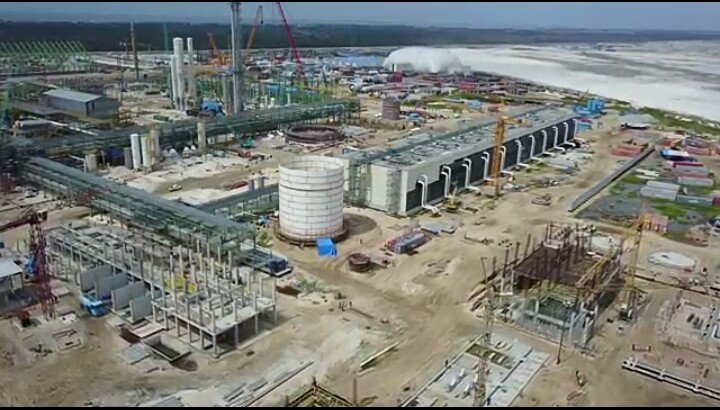
Mkpoikana Udoma
Port Harcourt — The Media Awareness and Justice Initiative, MAJI, has demanded for the inclusion of Persons Living With Disability, PLWDs in the conversation and interventions focusing on the impact of climate change in the country.
Executive Coordinator of MAJI, Mr. Okoro Onyekachi Emmanuel, who lamented that persons with disabilities disproportionately experienced the harshest effects of climate change, noted that more people were becoming disabled due to the short- and long-term impacts of fossil fuel pollution and greenhouse gases.
Okoro briefing newsmen on the research carried out by the group titled, Narrative Change Around Disability and Climate Change, said there was no mechanism put in place to ensure special attention to the welfare, health and education for PLWDs at the local, state and federal levels of government.
He regretted that there were documented reports on the impacts of climate change and fossil fuel pollution in the Niger Delta, with no particular focus on identifying the key impacts on PLWDs, which he said further disenfranchises PWLD groups from receiving interventions that are tailor made for the specific challenges affecting them.
According to him, it was in response to the knowledge gap, that MAJI in collocation with the New Media Advocacy Project, carried out participatory research to identify specific impacts of climate change on persons living with disability in Rivers, Bayelsa and Akwa Ibom States.
He said, “The people living with disabilities are severely impacted by climate change at the
Communities. This scenario is particularly worse for women and children with Disabilities.
“Very often, people living with Disabilities suffer psychological traumas due to the neglect,
and other discriminatory actions from family members, communities and other social
structures are the community, state and national levels of governance.
“Key stakeholders should ensure persons with disabilities are represented and included in the
conversations, discussions and interventions focusing on the impacts of climate change in the
Nigeria. Government and other key stakeholders should prioritize initiatives that underline the
intersectionality of climate change and disability justice.
“The government should build the capacity and knowledge base of persons living with disabilities to create narratives for disability rights in Nigeria. The 36 states of the federation should as matter of urgency domesticate and ensure implementation of the Discriminations Against Persons with Disability Act.”
Also speaking, the Chairman of Joint National Association of Persons With Disability in Rivers State, Mr Kie Obomanu, called for the implementation of the National Disability Act 2018, aa well as the Rivers State Disability Welfare Enhancement Law of 2011.
Obomanu, explained that their means of livelihoods were negatively affected by climate change impacts such as floods, drought, and others.
He said, “On the wrung, we (PLWDS) are at the bottom. So anything that affects people in the society affects us ten times more, so climate change has affected us adversely. Oil companies are flaring gas which is also contributing to greenhouse emission.
“All hands must be on deck in making sure that issues regarding PWDs are given priority attention.
Since the law was signed, it has not been implemented. The implementation of the law entails the establishment of the Rivers State Disability Commission, when that is done, it will criminalize segregation and those who refused to abide by the law.
“When the law is implemented all the provisions will be needed, for instance accessibility, mainstreaming of disability matters in policy directives, employment, transportation etc.
“For instance, in Rivers State judiciary, there is no lift. How can PWDs who are lawyers have enough briefs to take care of themselves? Because when the court cases are upstairs, it’s impossible for those on wheelchairs to access the courtrooms.”



